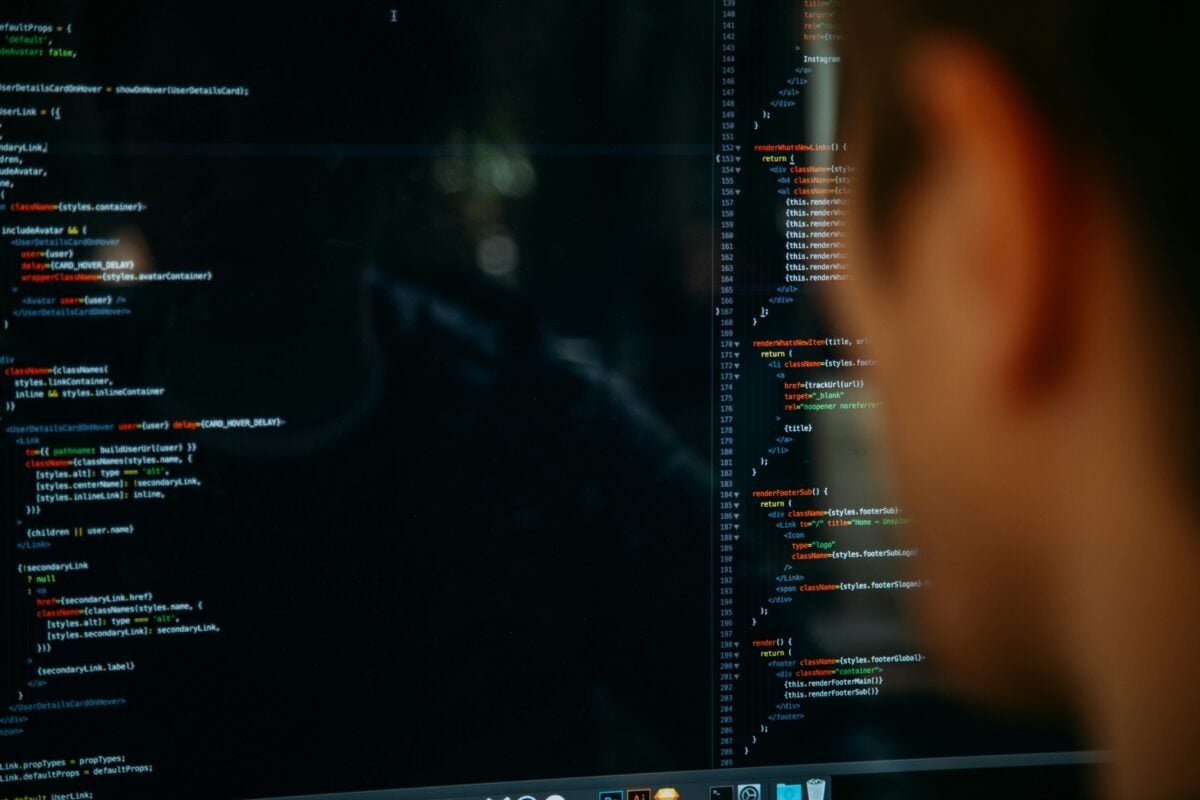Data leakage, mainly personal information, is a significant global issue today. Even the most popular and well-protected platforms frequently fall victim to hacking attacks or the negligence of those managing them, exposing sensitive data belonging to many individuals.
Armenia is no exception; however, there are specific nuances to consider.
#1. In Armenia, data outflows are “double.” Our information becomes accessible to everyone in case of both international and Armenian platform leaks.
#2. We have legislation regarding personal data protection, but the legal environment lacks clarity and effective oversight. Although there is an agency responsible for this area, it does not possess the necessary resources to address the current situation adequately. Additionally, the law imposes only minor penalties on companies that violate these regulations
#3. Data leaks occur even from the most prestigious and secure international platforms. However, unlike in Armenia, developed countries have regulations requiring public notification in case of data leaks. In Armenia’s history, there have been far too few instances where companies publicly disclosed data breaches or even informed their users about these incidents. The number of data leaks in Armenia is significantly higher than most people can comprehend. In summary, Armenia faces an unacceptable number of data leaks, and the individuals affected by these breaches are not adequately informed.
#4. In Armenia, there is a significant lack of accountability for massive data leaks. To clarify the overall situation, let’s examine some examples from recent years.
In the summer of 2020, hackers from Azerbaijan published thousands of data records related to coronavirus patients and their contacts. They obtained this information by hacking various emails, through which representatives of medical institutions and local government bodies freely exchanged such data.
During the 2020 war, the data leakage was unprecedented, particularly from government servers. We were never informed about what was leaked, including the sources, the volume of data, who was responsible, or what lessons had been learned. State bodies have remained silent on this matter even to this day, creating the impression that nothing significant occurred. Additionally, there have been multiple data leaks from various private companies. These leaks primarily involved sensitive information, including people’s addresses, phone numbers, and passport data.
It is important to note that during significant international data leaks, hacker groups from Azerbaijan and Turkey often filter out and remove information related explicitly to Armenian users from the overall database. They then publish this altered data, which increases the vulnerability of Armenians.
There are even worse cases where photos of people’s passports are leaked, including images of individuals holding them. Such data can enable malicious actions, allowing someone to impersonate another person online. This could lead to identity theft, taking out loans fraudulently, or even committing cybercrimes in the victim’s name. Recently, an Azerbaijani hacker group published passport photos of several thousand Armenians, highlighting this grave issue.
To return to a point previously mentioned, not only are there no individuals held accountable in these situations, but there are also thousands of people currently in vulnerable positions. Unfortunately, there is no one to inform them, no one to take responsibility, and no one who steps up to take control, which makes the situation even more dangerous.
In a careless and irresponsible state, society is growing increasingly vulnerable. The primary responsibility lies with the state, which should act as the coordinator, enforcer, and punisher.







